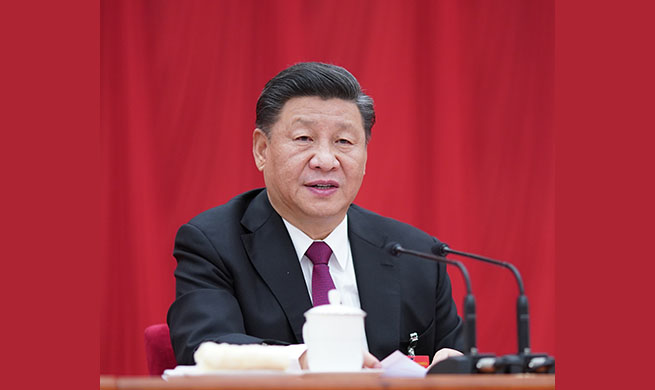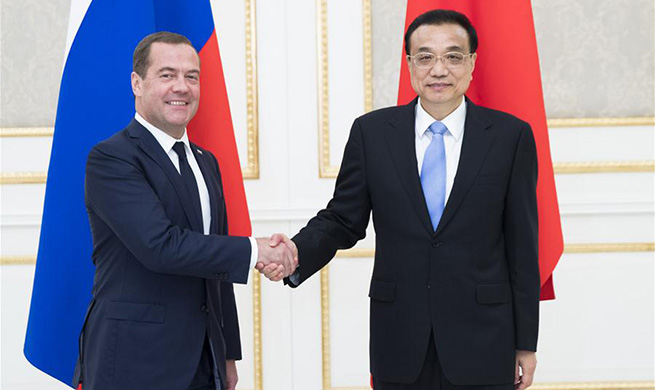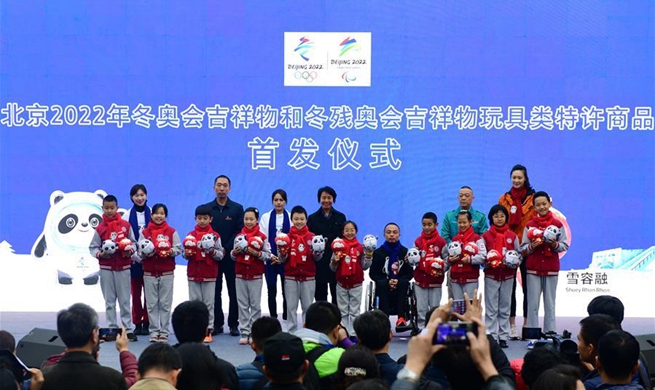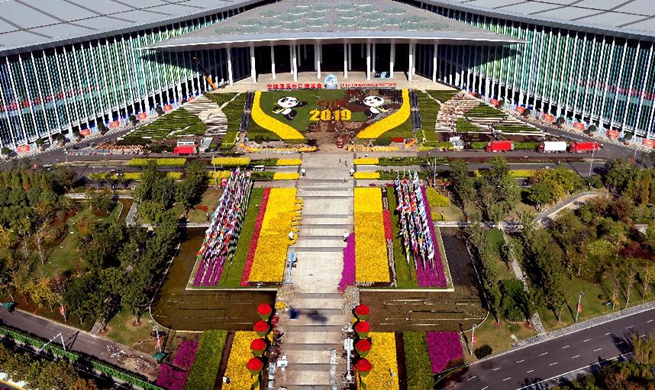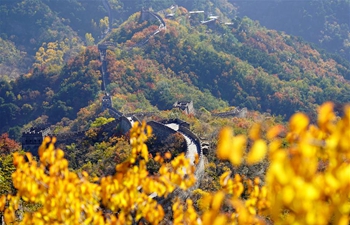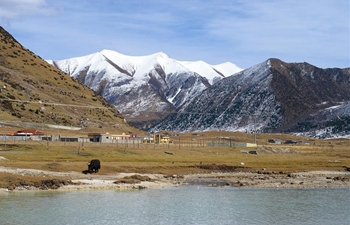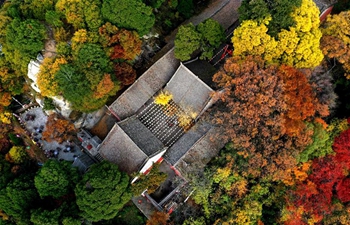By Xinhua writers Gao Jianfei, Liu Yinglun
BEIJING, Nov. 2 (Xinhua) -- China and Uzbekistan, both members of the Shanghai Cooperation Organization (SCO), have broadened their cooperation to deliver shared prosperity, with greater potential to be explored, experts said.
Uzbekistan has been an active supporter of cooperation programs under the SCO, said Xu Tao, a researcher of China Institutes of Contemporary International Relations.
The country participated in the development of a demonstration zone in Qingdao for China-SCO local economic and trade cooperation and a base for agricultural technology training and exchanges in Yangling, northwest China's Shaanxi Province.
During the SCO Qingdao Summit in June 2018, China and Uzbekistan signed 46 investment deals totaling 6.86 billion U.S. dollars.
In the first nine months of this year, bilateral trade reached 5.3 billion U.S. dollars, up 18.2 percent year on year, according to Chinese Customs data.
China has a high demand for raw materials like cotton, oil and natural gas, and growing trade, in turn, facilitates improvement in the business environment, noted Zhang Yansheng, a researcher with the China Center for International Economic Exchanges.
On the basis of the SCO platform, a number of gas pipelines have been built between China and Central Asian countries like Uzbekistan, opening up the world's fastest-growing natural gas import market for Central Asia, according to Mei Xinyu, a researcher with the Chinese Academy of International Trade and Economic Cooperation under the Ministry of Commerce.
In addition, China-Uzbekistan cooperation under the Belt and Road Initiative (BRI) also gave fresh impetus to the development of bilateral relations.
The China-Kyrgyzstan-Uzbekistan land transportation route opened in February 2018, and construction of a multimodal transport route from Turkey to China via Uzbekistan was announced in September, both expected to help Uzbekistan's commodities enter the international market more quickly.
Uzbekistan's economic reform in recent years is gravitating it even closer toward stronger ties with SCO members and countries along the Belt and Road, experts noted.
Since Uzbek President Shavkat Mirziyoyev's inauguration in 2016, the country has worked to liberalize its forex market, cut taxes and offer preferential treatment to foreign investment.
New regulations offering eligible foreign investors three-year visas and granting Chinese tourists a seven-day visa-free stay are also among Uzbekistan's efforts to improve its business environment.
"Now is the best period for trade, investment and cooperation between the members of SCO," said Zhang.










